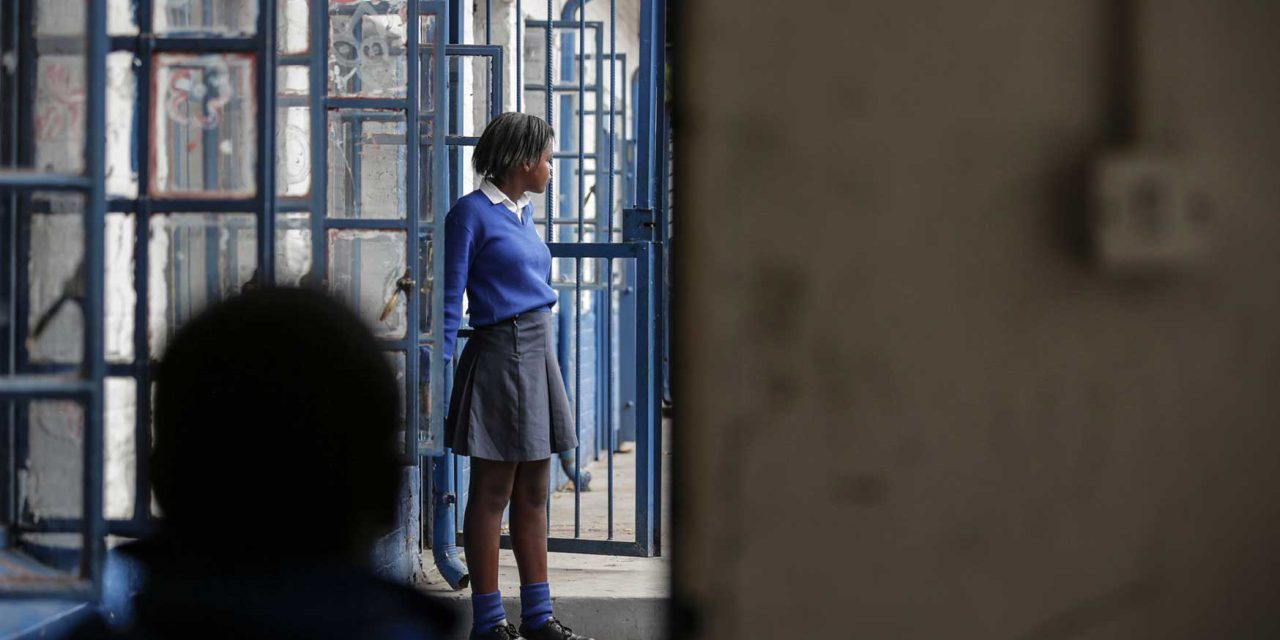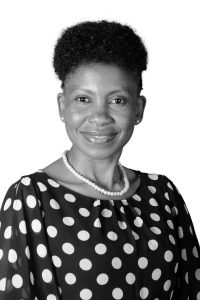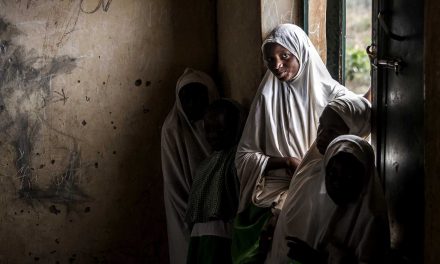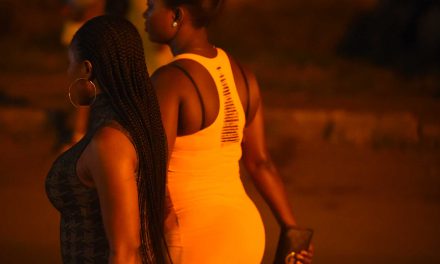Education re-entry or continuation policies for pregnant schoolgirls, while still perceived as controversial in some contexts, have gone a long way in protecting their right to education. Re-entry laws, policies, and measures have secured girls’ right to remain in school during and after pregnancy, protecting and giving them another chance at attaining an education.
Where effectively used and implemented, the measures have propelled African girls towards building their careers, edging them closer to a more secure, economically empowered future. These are girls who would otherwise have been struck off the school register at the point of their teen pregnancies. This would have been contrary to the efforts of “leaving no one behind”, as often the male partners in the pregnancies continue to pursue their education and build their careers.
In this article, we acknowledge the invaluable impact these measures have had, ensuring girls’ right to education during and after pregnancy. However, these must be simultaneously complemented by sexual and reproductive health education that encourages girls to prioritise the completion of secondary school education and their health, by delaying their sexual debut.
African countries have different policies when it comes to allowing girls to continue with school after they become pregnant. In 2021, Human Rights Watch said that at least 30 African Union (AU) countries had laws, policies, and strategies to protect pregnant students’ and adolescent mothers’ right to education to varying degrees. Seventeen countries with re-entry policies that prescribe conditions for pregnant students and adolescent mothers are Botswana, Burundi, Cameroon, Gambia, Ghana, Liberia, Madagascar, Malawi, Mali, Namibia, Senegal, Seychelles, South Africa, Swaziland, Uganda, Zambia, and Zimbabwe. But some countries still have policies that are discriminatory and bar pregnant girls and teenage mothers from going to school.
The implementation of these policies so far provides critical insights for a review of the structural changes needed to strengthen effectiveness. In Zimbabwe, which revised its Education Act in 2019 to include no discrimination based on pregnancy, according to researchers Theresa Takafuma and Rutendo Chirume in an article published last month, progress has been slow, and more needs to be done. Zimbabwe is among the countries in sub-Saharan Africa with a high rate of teenage pregnancies, according to Education International, and in 2020 it recorded more than 6,000 girls who fell pregnant during the first wave of Covid-19, when schools closed for more than three months.
In January 2021, nearly 5,000 girls fell pregnant, the organisation said. Schools are generally perceived as safe havens for children and the Covid-19 school closures left many learners vulnerable. Once out of school, these teenage mothers are forced to find domestic work to support their children, with some condemned to child marriage, as they are forced to go and live with the men responsible for the pregnancy. The poor implementation of return-to-school policies has forced many pregnant girls to drop out.
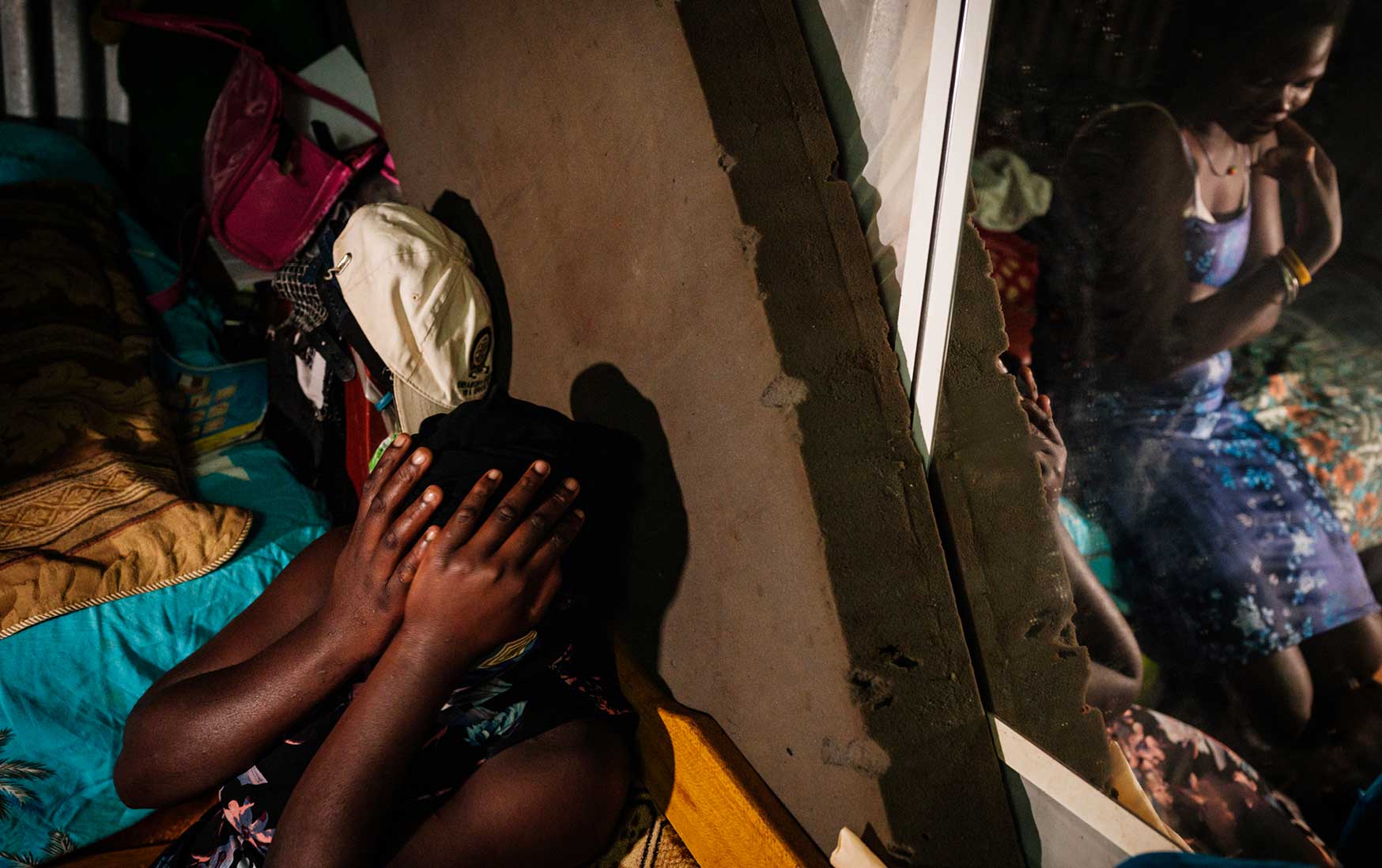
Linet, 16, who is around three months pregnant covers her face with a hand during an interview with her sister Carol about Linet’s unexpected pregnancy during the Covid-19 school closures in Kenya in 2020.
Africa in Fact’s interviews with girls, some teachers, and even family and community members reveal that despite enabling laws, pregnancy itself can threaten girs’ health, as often they are physiologically too immature to carry a pregnancy and deliver without life-threatening complications.
Adolescent maternal mortality is a global concern. The World Health Organization (WHO) has noted that complications during pregnancy and childbirth are the leading cause of death for girls aged 15 to 19 years globally. The WHO further notes that: “Of the estimated 5.6 million abortions that occur each year among adolescent girls aged 15–19 years, 3.9 million are unsafe, contributing to maternal mortality, morbidity, and lasting health problems. Adolescent mothers (ages 10–19 years) face higher risks of eclampsia, puerperal endometritis, and systemic infections than women aged 20 to 24 years, and babies of adolescent mothers face higher risks of low birth weight, premature delivery, and severe neonatal conditions.”
These health concerns confirm how adolescent or teen pregnancy presents a new layer of health challenges for girls, some of whom are already vulnerable because of living in poverty. Separate interviews that Africa in Fact held with senior women teachers (who requested anonymity) from Bulawayo, Inyathi, Shurugwi, and Marondera also shed light on the additional challenges girls face.
“The policy only exists on paper,” one teacher said. “Once learners leave the school system due to pregnancy, only a few return to write their examinations, as the girls experience a new layer of abuse, even by the teachers themselves. Some girls have had to endure endless summons to the staffroom by women teachers, who then not only subject them to verbal abuse through intrusive questions, but sometimes ask the learners to display, and even request to touch, their protruding stomachs. As a society, despite all the obvious signs, we are not yet ready for the reality of our children’s and learners’ sexual activities and their consequences.”
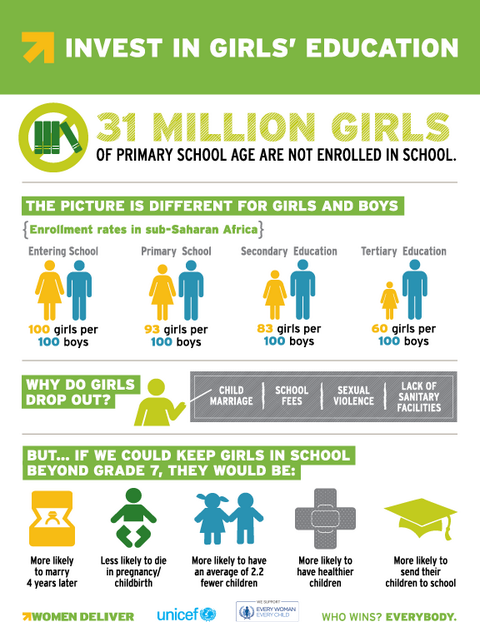 This additional layer of problems was also highlighted by Rosa (not her real name). She told Africa in Fact that in 2014, aged 17, she fell pregnant, and had to endure the stigma of being “a pregnant learner in uniform”, something perceived as a moral contradiction. This was before the Education Amendment Act, which states that “no child shall be excluded from school based on pregnancy”. Rosa noted the importance of this law, revealing that she quit school during pregnancy and only returned after giving birth.
This additional layer of problems was also highlighted by Rosa (not her real name). She told Africa in Fact that in 2014, aged 17, she fell pregnant, and had to endure the stigma of being “a pregnant learner in uniform”, something perceived as a moral contradiction. This was before the Education Amendment Act, which states that “no child shall be excluded from school based on pregnancy”. Rosa noted the importance of this law, revealing that she quit school during pregnancy and only returned after giving birth.
She said that one of the immediate challenges is the ostracisation fuelled by the gossip among family, community, colleagues, and even school authorities. Most girls cannot cope, resulting in some quitting and going off to get married, she said. “Maybe some girls have been lucky, but once known to be pregnant, the stigma is unbearable.”
Rosa said she was in the second term of her form three studies when she fell pregnant, and although she did not do well in school, she returned two years later. “I still felt a desire to complete my education like my peers but, importantly, now realised the need for a career that would enable me to provide for my child. By being afforded another chance, I was able to catch up on the learning that I had missed. But I was only able to do so because my mother was there to provide good care for my daughter.”
Rosa also shared the success story of a girl who returned at the same time as she did and proceeded to advanced level studies, and later to college. This points to the importance of these laws in giving girls another opportunity to build a career and work towards economic empowerment.
Nyaradzayi Gumbonzvanda, the African Union Goodwill Ambassador to End Child Marriage, echoed the sentiments in an interview with Africa in Fact, saying: “Maintaining girls in school is key to preventing child, early and forced marriages. At the same time, re-entry to school creates opportunities for rebuilding the social and economic assets of these girls.”
Measures that help girls complete school can deliver significant career-building and economic empowerment benefits. However, as Rosa noted, unless one gets sufficient counselling and family support, it’s not always an easy journey.
Zimbabwe’s implementation of measures to end discrimination against learners based on pregnancy coincided with – and was hampered by – the retrogressive impact of the Covid-19 pandemic. However, it is the pre-existing, structural barriers that pose the greatest challenge. Some reactions from Zimbabwean legislators confirm how unwelcome this conversation still is.
During a parliamentary debate, for example, Ronald Nyathi, the Shurugwi North Member of Parliament (MP) argued that the clause in the Education Amendment Act protecting girls from expulsion encouraged child marriages and pregnancy. The Mpopoma-Pelandaba MP, Charles Moyo, also argued that allowing pregnant girls to continue with school was equivalent to turning schools into maternity homes, and that “a rotten apple spoils the barrel”. On the other hand, Afrobarometer findings presented in July, by the Mass Public Opinion Institute in Bulawayo, revealed that almost seven out of 10 Zimbabweans (69%) say that pregnant girls should be allowed to continue their education.
However, effective implementation of re-entry measures requires multi-sectoral and multi-pronged structural interventions. As Zimbabwean child rights advocate Caleb Mutandwa told Africa in Fact: “The law has not taken off very well on the ground. So much needs to be done to transform mindsets and attitudes at all levels, from the learners, families, and communities to teachers … The Act itself was meant to be simultaneously supported by other services and structures, to enable the girls to balance the demands of learning with those of pregnancy and motherhood. Without structurally entrenched support services, it is one of those good laws that remains just that: a law on paper.”
Meanwhile, central Kenya’s Serene Haven Secondary School is a good example of the value of in-built support services, and offers a possible template for others, especially in cases where family support structures are non-existent. Serene Haven is a private boarding school with daycare and counselling services where pregnant teens and teenage mothers can complete their education in the absence of family support or due to poverty.
Presently, though, as already noted, campaigns supporting girls’ right to education must also prioritise the health benefits of encouraging girls to complete their education and delay sexual activity. Where this can be achieved, it is beneficial for the girl child to complete her secondary education, something which benefits her decision-making capacity and leads to better life choices.
Secondly, there should be ongoing campaigns to foster a paradigm shift in social norms and perceptions that continue to be a barrier to a pregnant African girl child’s education. Apart from dealing with the shame and stigma from family, colleagues, community, and even teachers, pregnancy is an experience with physiological and emotional demands that are often incompatible with those of learning.
However, the efficacy of re-entry policies should be improved by several measures, including adequate stakeholder-wide policy awareness campaigns and capacitating school personnel at various levels, through training and much-needed material resources for supporting girl learners. Other measures are: reducing or eliminating fees for the girls, offering bursaries, and providing books and other necessities, something several governments are already doing, as well as providing ongoing mentorship, guidance, coaching, counselling, and psycho-social support services at all levels.

